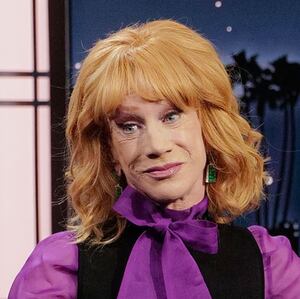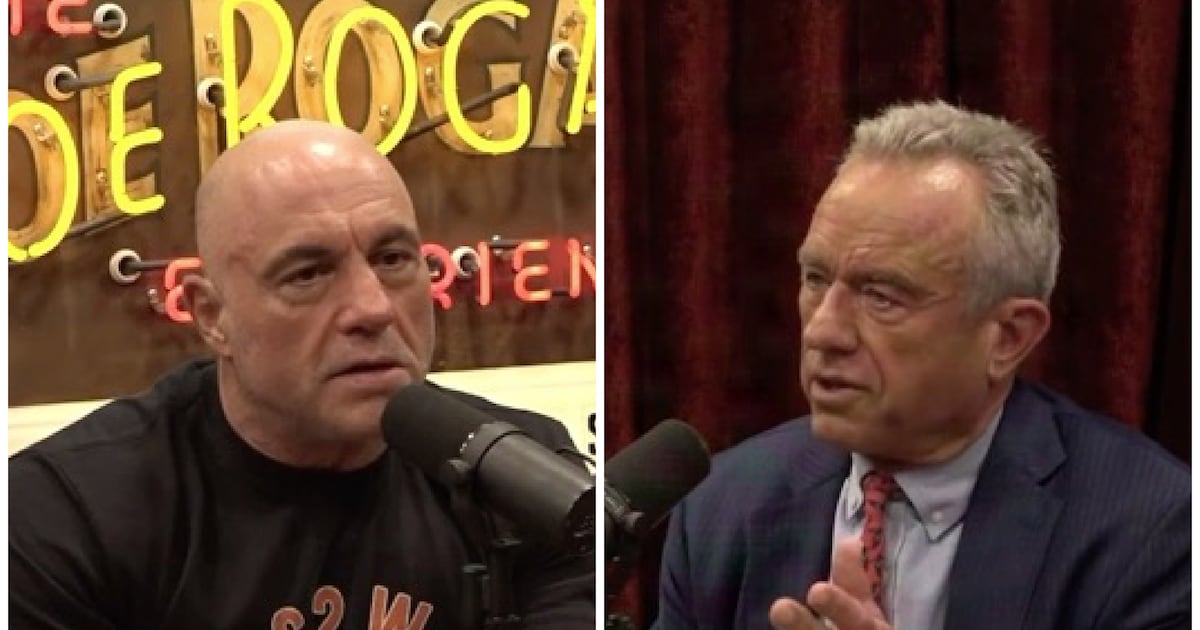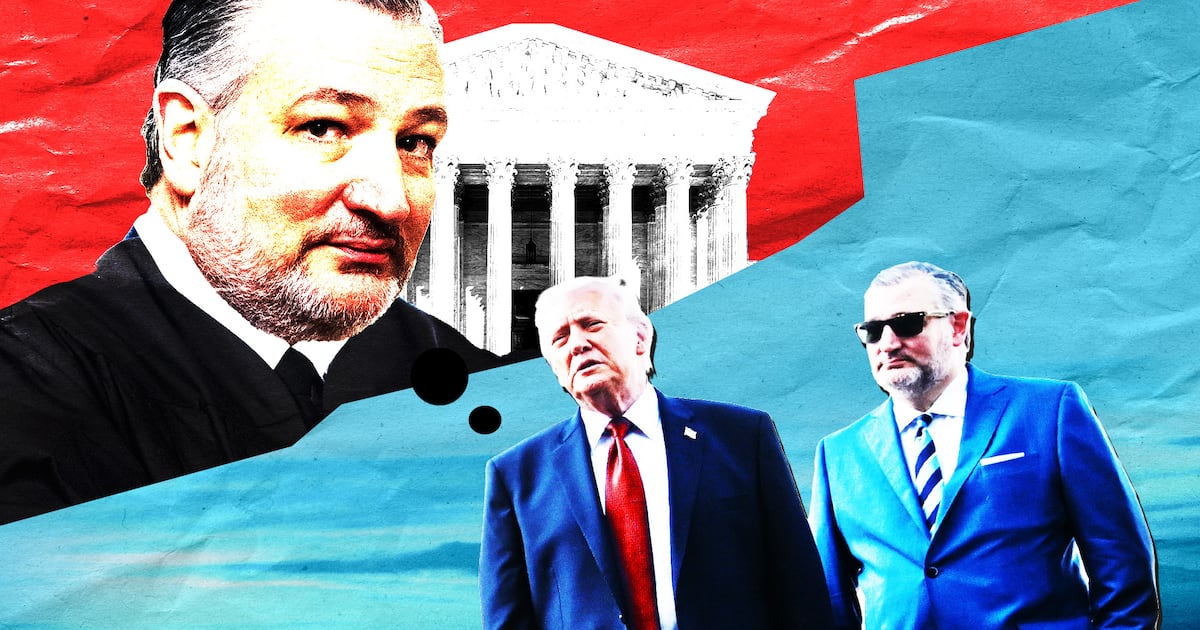In 2004, not long after her wildly successful Onyx Hotel Tour and her marriage to Kevin Federline, Britney Spears wrote a letter on her website. The pop icon, then at the height of her fame, announced that she would be taking some much-needed time off.
In her new memoir, The Woman in Me, Spears recalls that back then, she wrote to her fans that she’d “actually learned to say ‘NO!’” But that power had already come at a cost. “With this newly found freedom,” Spears wrote, “it’s like people don’t know how to act around me. … Going and going and going is all I’ve ever known since I was fifteen years old.”
Going and going and going might be the best way to describe how it feels to read The Woman in Me—a dizzying tell-all that captures the surreal pace of Spears’ life while also (somehow) stringing all that curlicued surreality into one coherent narrative.
Her biography careens across the page from one unbelievable experience after another—a small, safe glimpse at how incomprehensible her coming-of-age would have been. In context, the bizarre and terrifying points in her personal history start to make perfect sense. But as the media once again picks over the singer’s life for any morsels of news it can find, it’s hard not to wonder whether the loud, salacious headlines will overshadow her broader message.
Spears’s story has never wanted for villains, and The Woman in Me exposes a veritable rogues’ gallery: Her father, James (aka “Jamie”), was allegedly “abusive” toward her mother and “reckless, cold, and mean” with her. Spears’ mother published her own memoir at her “expense,” she writes, right after the family had ambushed her with the conservatorship. (“The timing was un-fucking-believable.”) There’s Justin Timberlake, who Spears believes used her for “ammunition” to promote his debut solo album, Justified, and there’s also Federline, who thought he could become a rapper after marrying her—“Bless his heart”—and then painted her as “completely out of control” during their custody battle.
In Spears’ eyes, however, none of her loved ones have wronged her quite like the complete strangers who disparaged her on national television, titillating their viewers with the sordid, embarrassing details of her life under the guise of “journalism.” (Did the public really need Diane Sawyer to ask a crying, 21-year-old Spears over and over again what she must have done to supposedly break Justin Timberlake’s heart?) In addition to Sawyer, Spears calls out Ryan Seacrest, who pressed Spears about her mothering during an interview that was “supposed to be” about her new album, Blackout, and Sarah Silverman—who sauntered onto the VMA’s stage where she’d just performed to call her children “adorable mistakes.” … And those are just the ones Spears bothers to mention.
As Spears quickly learned, the public discourse can often function pretty similarly to an abusive parent—setting impossible expectations and denigrating a young celebrity’s every move while dangling the soft, warm glow of approval inches out of reach. In her case, the media acted as an enforcer, flogging her in the public square to remind young women and girls what might happen if they become too promiscuous, too outspoken, too inarticulate, too real, too fat, too free. Spears made clear early on that she never asked to be a role model for young girls, but even if she had, anyone who’s grown up with a uterus knows that no real, living human being could ever live up to the task.
Perhaps that’s why Spears begins her book from the upper branches of her family tree, describing her family’s dark, tragic history. A New York magazine article previously outlined much of what Spears describes: Her paternal grandfather, June, was allegedly abusive and had two of his wives committed to mental hospitals against their will. One of those wives killed herself beside her infant son’s grave. Spears writes that her maternal grandmother, Lilian “Lily” Portell met her grandfather during World War II and moved to New Orleans from London, where she’d grown up, expecting the same metropolitan existence. Instead, she “missed London until the day she died” because her husband worried that if he let her go home, she might never come back.
These sordid, sorrowful anecdotes stand behind Spears to contextualize the generational aspect of her struggle: She’s far from the first woman in her family to find herself boxed in by expectations, trapped by insecure men with the help of a legal system that will still, to this day, call a woman incompetent while she sells out arena tours and hand her fate over to her alcoholic father.
In her book, Spears makes clear that she always knew better than anyone how ridiculous the conservatorship was. She’s also long understood the media’s hypocrisy when it comes to her story.
“Kevin was leaving me alone with two babies when he wanted to go smoke pot and record a rap song, ‘Popozão,’ slang for big ass in Portuguese,” she writes. “Then he took them away from me, and he had Details magazine calling him Dad of the Year… When Justin cheated on me and then acted sexy, it was seen as cute. But when I wore a sparkly bodysuit, I had Diane Sawyer making me cry on national television, MTV making me listen to people criticizing my costumes, and a governor’s wife saying she wanted to shoot me.”
Throughout the book, Spears grapples with the tension between the role the industry demanded she play—the “good girl” in a short skirt, the “forever virgin,” the pure Madonna—and the three-dimensional person she became as she grew older. Lingering in the background are a bevy of former staff who also seem to have betrayed her; the security guards Federline had hired off of her allegedly barred her from seeing him to fix their relationship, and she alleges that her lawyer was the one who’d told her to file for divorce to save herself the embarrassment of Federline inevitably filing.
“What I did not understand was that Kevin would then insist I pay for his legal bills,” she writes. “And because legally, I had set the divorce in motion, I would be held responsible in the press for having broken up my young family.”
Just like always, Spears kept going and going and going after the divorce, but that moment, like many others, further shattered her trust. When she and Federline first met, Spears recalls in the book, he’d held her in a pool for hours, keeping her steady in his arms in a way no one had before. During the divorce, he became just one more person who could not be trusted.
Spears’ tightrope finally snapped in the late 2000s, when a tabloid circus sprang up to cover her every struggle and stumble as a young mother. In 2007, Spears lost custody of her sons—“because,” as Perez Hilton heckled back then, “she’s a fuck-up that can’t obey the law.”
Then came the conservatorship, during which time Spears alleges that her family involuntarily hospitalized her multiple times. She recalls her family taking vacations at the beach house she’d bought them in Destin, Florida, while she was trapped working and living on a steady diet of canned vegetables and chicken for two years. When she first saw her family following her 2019 hospitalization, she remembers everyone acting like nothing had happened.
“If you’re asking why I went along with it, there’s one very good reason,” Spears writes. “I did it for my kids. Because I played by the rules, I was reunited with my boys.”
Los Angeles Superior Court Judge Brenda Penny released Spears from her conservatorship in November of 2021. Since then, the singer has worked to reclaim her narrative—but once again, she’s found that that’s easier said than done. In spite of all the “we must do better” rhetoric that sprang out of the #BritneyMovement, tabloids have continued to scrutinize her every move while an increasingly loud corner of the public starts to ask if she really deserves her freedom. Kathy Griffin joked during a recent episode of Jimmy Kimmel Live! that “sometimes, a person can be too free. … I love you gays, I love you #FreeBritney people, but you didn’t have a plan!”
In her book, Spears airs out her frustration with her little sister, Jamie Lynn Spears—who capitalized on the conservatorship discourse by publishing her own tell-all, Things I Should Have Said, last year—spilling “salacious” family stories before Spears could get a real word in. (Jamie Lynn’s book launch week turned out disastrous, as sellers began slashing prices less than a week after it had hit shelves.) Before The Woman in Me was available for purchase, a few news outlets secured leaked international copies from Mexico and began publishing the clickiest portions.
Predictable as the leak might’ve been, it also illustrates the problem that keeps ensnaring Spears: Her story has become so valuable that no one wants to let her tell it herself. Better to interrogate her on national television, or make a documentary, or chop her narrative up and sell it in pieces, free of any context she might’ve hoped to imbue. Spears writes that as a young girl, she loved performing because it gave her a sense of control she couldn’t find anywhere else in her life; now, her fame leaves little room for dignity and none for privacy. (Just ask the “fans” who called the cops on her this January after she deleted her Instagram.)
Last week, Spears addressed this dilemma in a statement posted to Instagram. “I don’t like the headlines I am reading,” she wrote. “... that’s exactly why I quit the business 4 years ago … I have moved on and it’s a beautiful clean slate from here !!!” She added that writing the book had given her closure and that she hadn’t written it to “harp on past experiences which is what the press is doing and it’s dumb and silly !!!”
Narrative exposure therapy can help complex trauma survivors make sense of their experiences while also gaining some much-needed distance, and in writing her book, it seems Spears has healed some wounds she’d now like to leave in the past. But it will take time to see how much Spears’s voice—the story she’s actually trying to tell—can cut through the noise.
The Woman in Me has a lot to say about misogyny and power and exploitation. But more importantly, it’s about a woman who has endured countless traumas and betrayals but is still somehow, miraculously, here to tell us about it. No longer a girl, Spears is undeniably a woman—and in spite of all her human messiness and flaws, her memoir proves that she’s still one hell of a role model.










